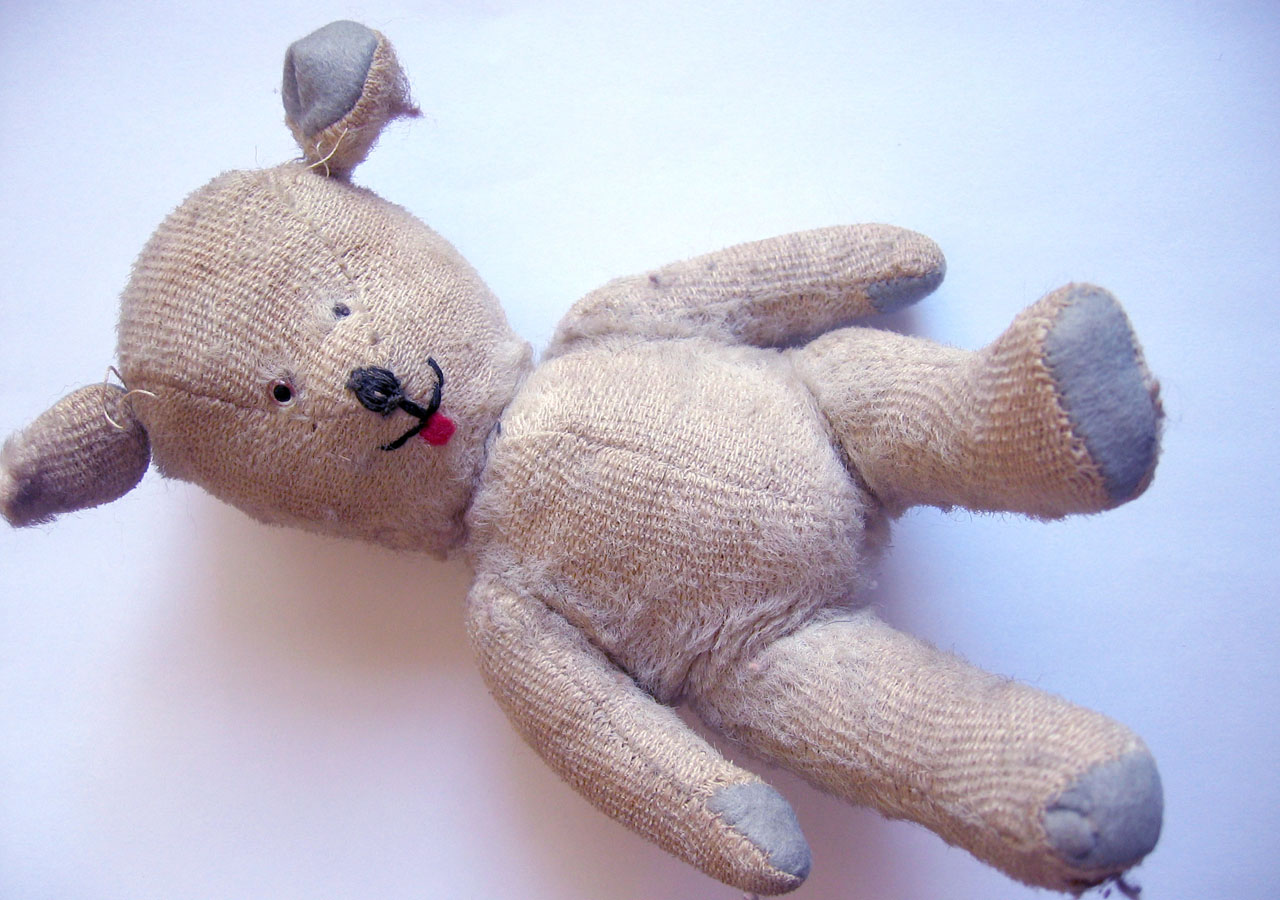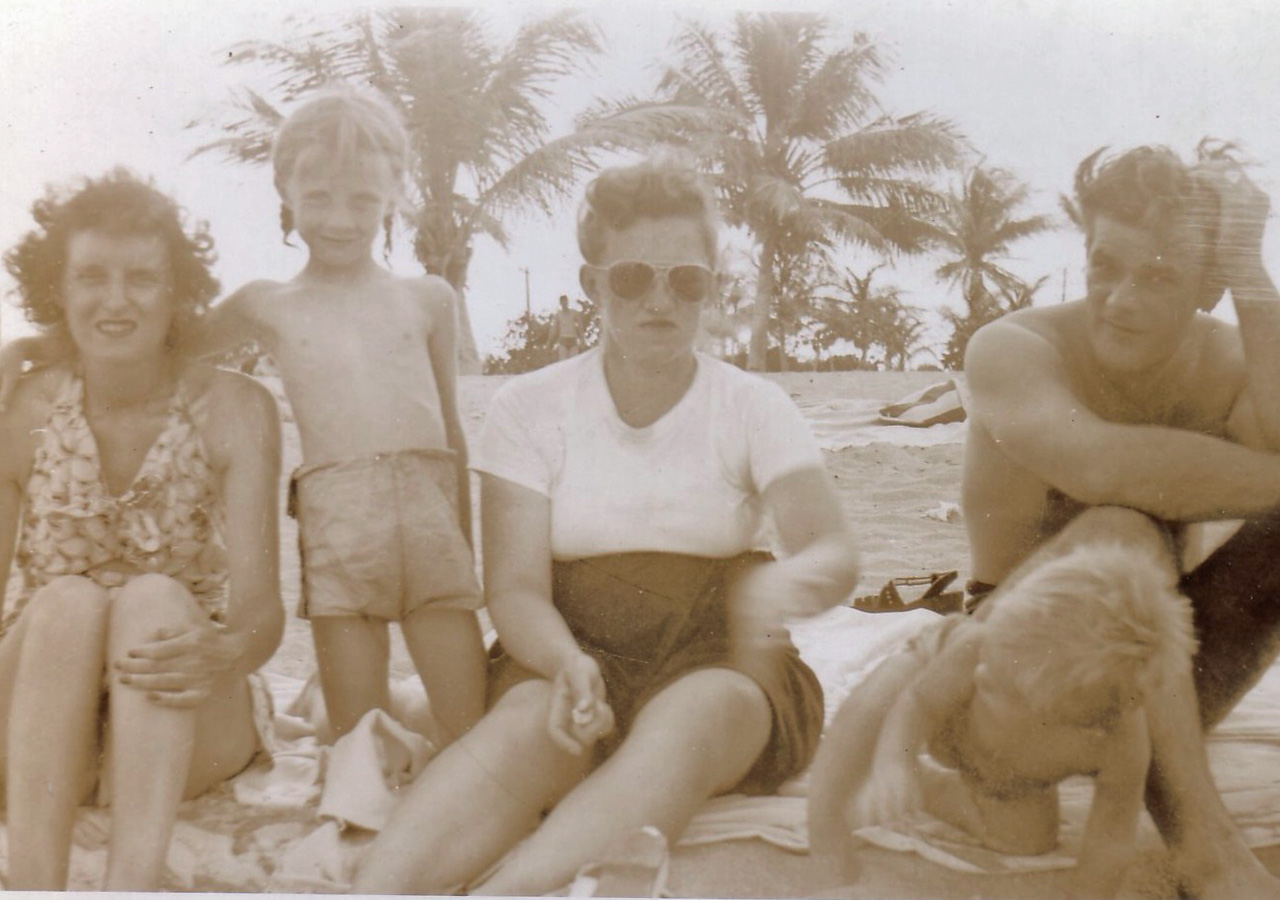LOST IN TRANSLATION
Scott Byars | April 15, 2016EMPATHY LEADS TO HEALING & EFFECTIVE STRATEGIES
I have a confession to make…. I haven’t been completely upfront with you. In the article “Happiness is Like Heroin” we asked “What is the goal of your life?” and we agreed that it is happiness. And while that may be true, happiness is not the goal of life. What? Now before you close the page to save yourself from a horrific bout of philosophical navel gazing culminating with my explanation of the Platonic ideal of your cell phone…give me a chance to explain.
By life I mean all life on the planet. From an evolutionary perspective the goal of all life is to survive and thrive. Evolution doesn’t care about our happiness. Happiness is just a means to an end.
In order to help us survive and thrive we evolved needs. Needs are part of our nature. Yet, because humans can be somewhat short-sighted and might, for example, prefer binge-watching House Of Cards in lieu of working on our relationships, evolution upped the ante a bit and linked emotions with our needs. Essentially emotions are a guarantee that we will care about our needs – and we do.
To ensure that we are paying attention to our main goal of surviving and thriving our goal was translated into a language we understand and respond to – our emotions. Emotions are the road signs to our progress towards meeting our needs. But as we shall soon see they can be hard to read.
Why is this distinction important? Because if we lose sight of our needs and let ourselves be guided solely by emotion we end up in some pretty weird places. Like hiding in the bushes outside of our ex-girlfriend’s apartment decked out like Rambo with full camo face paint and coated with deer urine to cover our scent…ok I made up the deer urine part.

Emotions are tricky because they are intertwined with our strategies. Our emotions can fool us in regards to the outcome of strategies. For instance, we can feel happy when we reach a goal even if that goal produces no long-term well-being.
In the Caddyshack article, we realized that emotions can also fool us by making us hang on to a strategy that we rationally know is ineffective. In that article, we determined that it makes sense to change our strategy, yet we are still reluctant to do so. Specifically we discussed why we hold onto a strategy- like perfectionism – that is ineffective.
If we enacted the strategy of perfectionism as a way to defend ourselves then it will be very difficult to give up. If we believe perfectionism is protecting us we will have strong emotional reactions to change that strategy no matter how much sense it makes to do so.
Humans have the exasperating ability to believe whatever they need to believe whenever they need to believe it. Sometimes we aren’t capable of being rational. And more often than not those less-than-rational moments occur when we have adopted a strategy as a means of protecting ourselves.
In the case of perfectionism, we most likely learned to strive for perfection as children in order to prove our worth to our parents. We may have needed to protect ourselves from their disappointment and to earn their praise and love. A strategy of perfectionism fit the bill. Once we are grown, and try to shed the habit of perfectionism, we are left with no way to prove we are valuable to ourselves. The thought of being a failure who is unworthy of love is painful and this pain is what we are trying to avoid. If we let our defenses down by changing the strategy we leave ourselves vulnerable.

In order to shed perfectionism and replace it with a more effective strategy, we must open ourselves up to the pain that we are avoiding. We do this through empathy.
Healing is achieved through empathy and empathy is gained through understanding.
To begin, we must become vulnerable to these painful emotions and have empathy for ourselves. We need to realize that as children, we were put into a tough situation and with few options we chose an ineffective strategy. But by understanding that we chose the strategy to protect ourselves it’s easier to feel empathy for ourselves. We didn’t choose it because we were stupid or bad…we chose it because we were scared of being a failure and not being loved. Being loved only for what you do instead of who you are brings with it feelings of insecurity and loneliness. To move forward we must become vulnerable to these feelings.
The next step is to understand why our parents chose the strategy of criticism and have empathy for them as well. Our parents may have been trying to protect themselves from feeling like they were failing as parents. Believing the only way they can be “good” parents is to have a perfect child is a tough place to be from their perspective. Have empathy for them. They probably learned that strategy from their parents. Do you see a pattern here? They were not trying to hurt us, they just didn’t choose an effective strategy to help us. Again, understanding leads to greater empathy. Our parents are not mean or evil or whatever the judgment de jour that we conjure up.

We are all human… we all struggle to meet our needs… and sometimes we fall short. Judging others in order to take the moral high ground will only lead to anger, resentment and ultimately no resolution. Empathy is how we heal.
Hypotheticals usually oversimplify the situation they intend to describe and my perfectionism example is no exception. To change an ineffective strategy where there is an emotional attachment is hard work. There are a tangle of emotions and intertwined strategies – and not just our own. Other people are often involved and to truly understand their perspective it’s best to ask them. However, those conversations are uncomfortable and have the potential to change our relationships in ways we can’t foresee. So we often choose stagnation and in turn choose anxiety and sadness instead of peace and contentment.
We can’t get to well-being by chasing emotional happiness or by sticking with ineffective strategies that make us feel safe. Well-being comes from knowing our needs and making informed, and sometimes tough, decisions that may leave us vulnerable.

Emotions are wonderful things, but they are not ends in themselves no matter how often we are told to “follow our hearts.” Emotion can guide us to greater well-being or hinder us from achieving it. By remembering that emotion is just a translation of our main goals of surviving and thriving we can make sure we don’t get lost in that translation.
